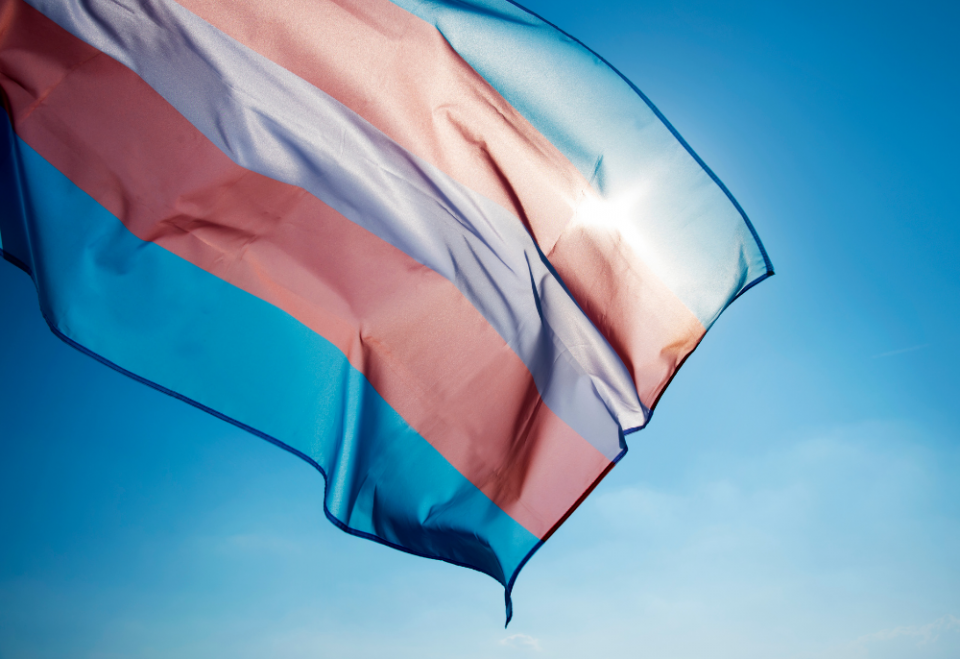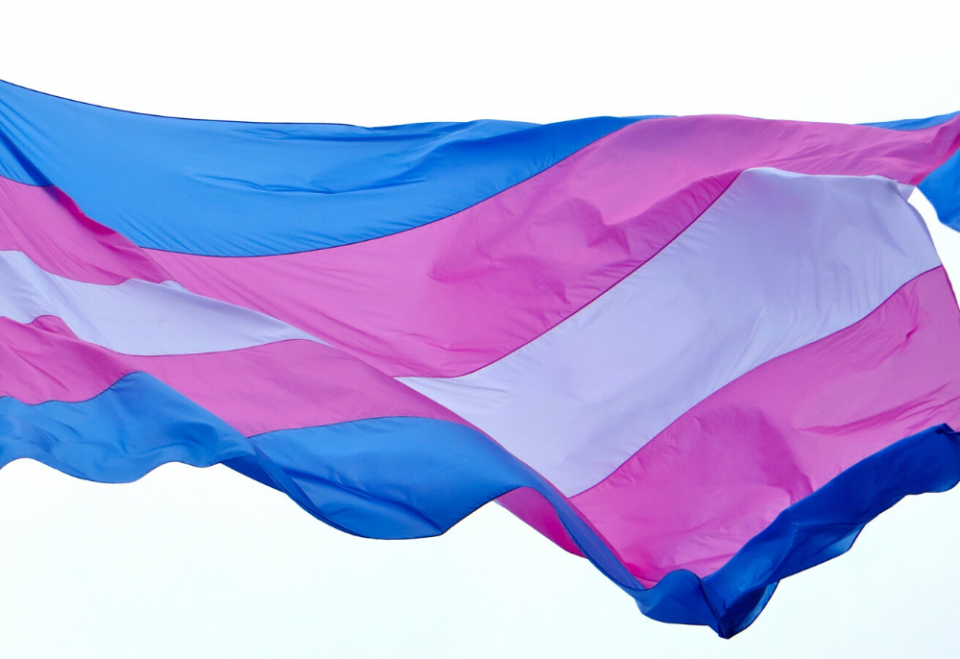
DIGITAL INDIE LAB – GDPR Terms of Use
09.03.2021
Apply for Our Digital Indie Lab
09.03.2021
On International Women's Day, the Supreme Administrative Court of Bulgaria will sit in a case for registered partnership of two ladies. The applicants applied to the Sofia Municipality for a certificate that they were living in de facto cohabitation. The municipality refused on the grounds that "it does not have the legal authority to register married couples as family partners" because the domestic law - the Civil Registration Act - lacks such a regulation.
Moreover, the Minister of Regional Development and Public Works did not approve a model of such a certificate as the applicants requested - a certificate of registered partnership. At first instance, the court did not understand the request at all and declined to analyze the provisions on the right to marry - a right which is not the subject of the case. An appeal to the Supreme Administrative Court follows, stressing that it is a matter of the right to respect for private and family life and not the right to marry. Family life is a broad concept, and marriage is one element of it.The applicants claim that the Civil Registration Act is inapplicable and useless in the case and unnecessarily cited by the Court of First Instance, which instead had to apply international law directly, for example, the Council of Europe Convention on Human Rights and the Charter of Fundamental Rights. rights of the European Union. It is quite clear that States have an obligation - in an appropriate manner at their own discretion - to legally recognize the actual cohabitation of same-sex couples. If the Supreme Administrative Court confirms the motives of Sofia Municipality, an appeal with an easily predictable end in the ECHR is pending.
The applicants were represented by counsel. Natasha Dobreva, who gave the following comment to Single Step:
“The law is not the only source of law in Bulgaria. Judicial practice and judicial precedent are also a source of law, and the Supreme Court may oblige the mayor to issue the requested certificate, regardless of what is written in the law. An elementary example - when the Municipality receives a court decision recognizing the gender of a transgender person, it makes the necessary registrations, registrations and other actions to enforce the decision, although we do not have a law on gender recognition. "We do not have a suitable model of such a certificate" and in general any excuses related to financial, technical and logistical difficulties - cannot be taken seriously and have no weight when it comes to a violation of fundamental human rights. So, there is no legal obstacle to the issuance of the certificate in question, on the contrary, Bulgarian citizens live in a continuing situation of illegal discrimination against LGBTI minorities. "




